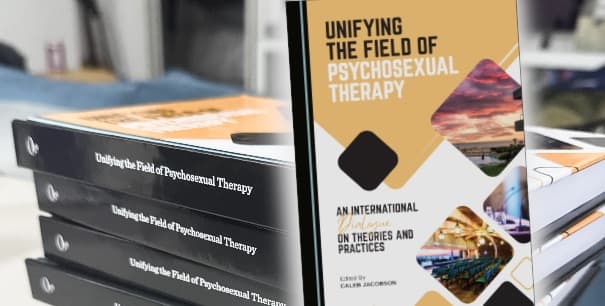Adult ADD/ADHD: Do I tell my boss?
Life is hard enough if you have adult ADD or adult ADHD. Time management and follow-through may not be your strongest attributes. You may have been passed over for a promotion you believe you’re qualified for. You may struggle to sit still during meetings.
The big question on many people’s minds is whether to reveal their ADD or ADHD.
Your boss and other people you work with probably have specific labels for your ADD or ADHD, possibly including lazy, irresponsible, stupid, distracted, chronically late, or unreliable. All of these are negative, unkind, and probably not the true you. Unfortunately, your boss and coworkers will begin to treat you as if their labels are true and correct.
Disclosing your adult ADD or adult ADHD may be the best way to refute these labels and offer a real-world explanation for their struggles. You may also receive accommodations to help mitigate their effects on your work day and help you become more productive.
Disclosing your adult ADHD to your employer may also legally protect you. ADHD is included in the Americans with Disabilities Act, and may gain you accommodations.
Can’t sit still during meetings? Everyone wins if you can quietly move around the back of the room.
Think better on your feet? Everyone wins when you work at a standing desk.
Feel the need to fidget to focus your attention on the task at hand? Everyone wins when they know you’re not actively distracting yourself from the task at hand.
Everyone’s situation is different: their needs and and what their workplace can provide. Look for creative or “off-the-wall” solutions to help everyone win.







